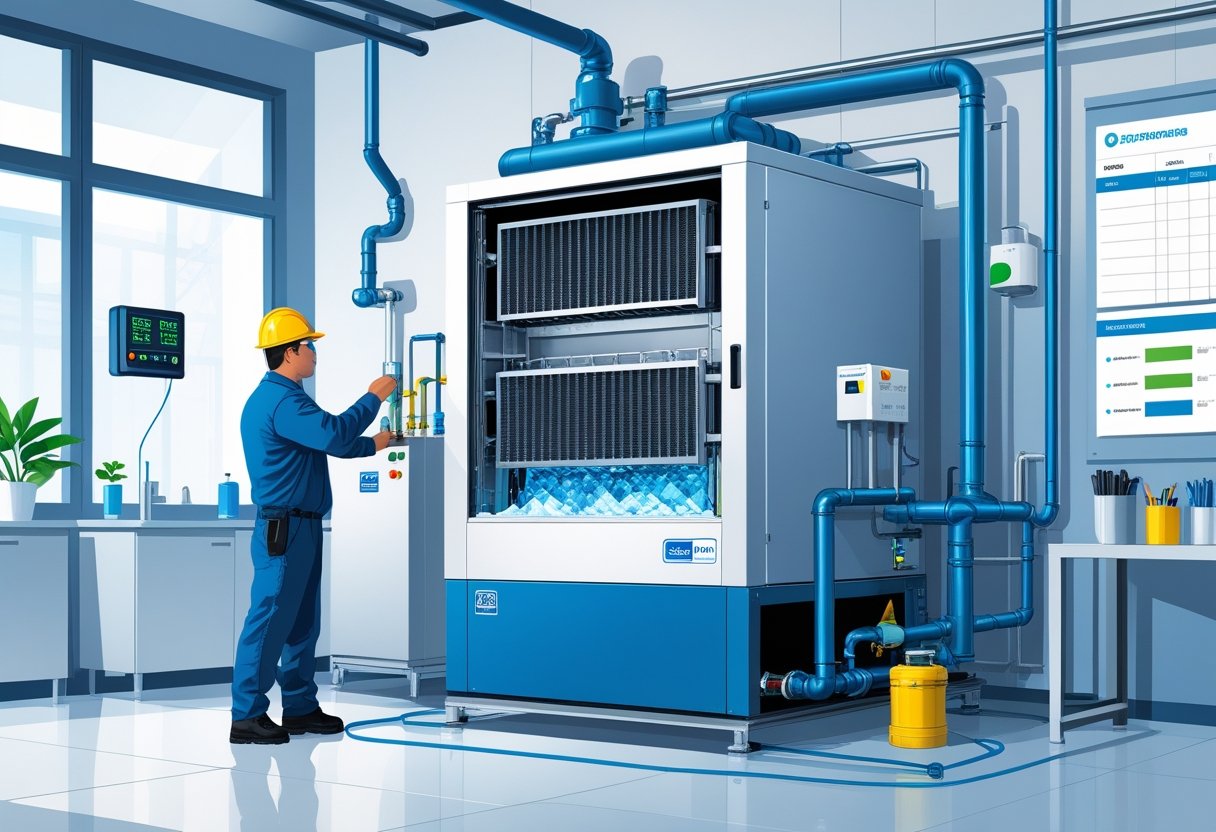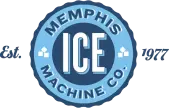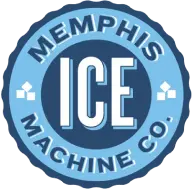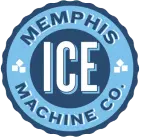proudly serving
the mid-south
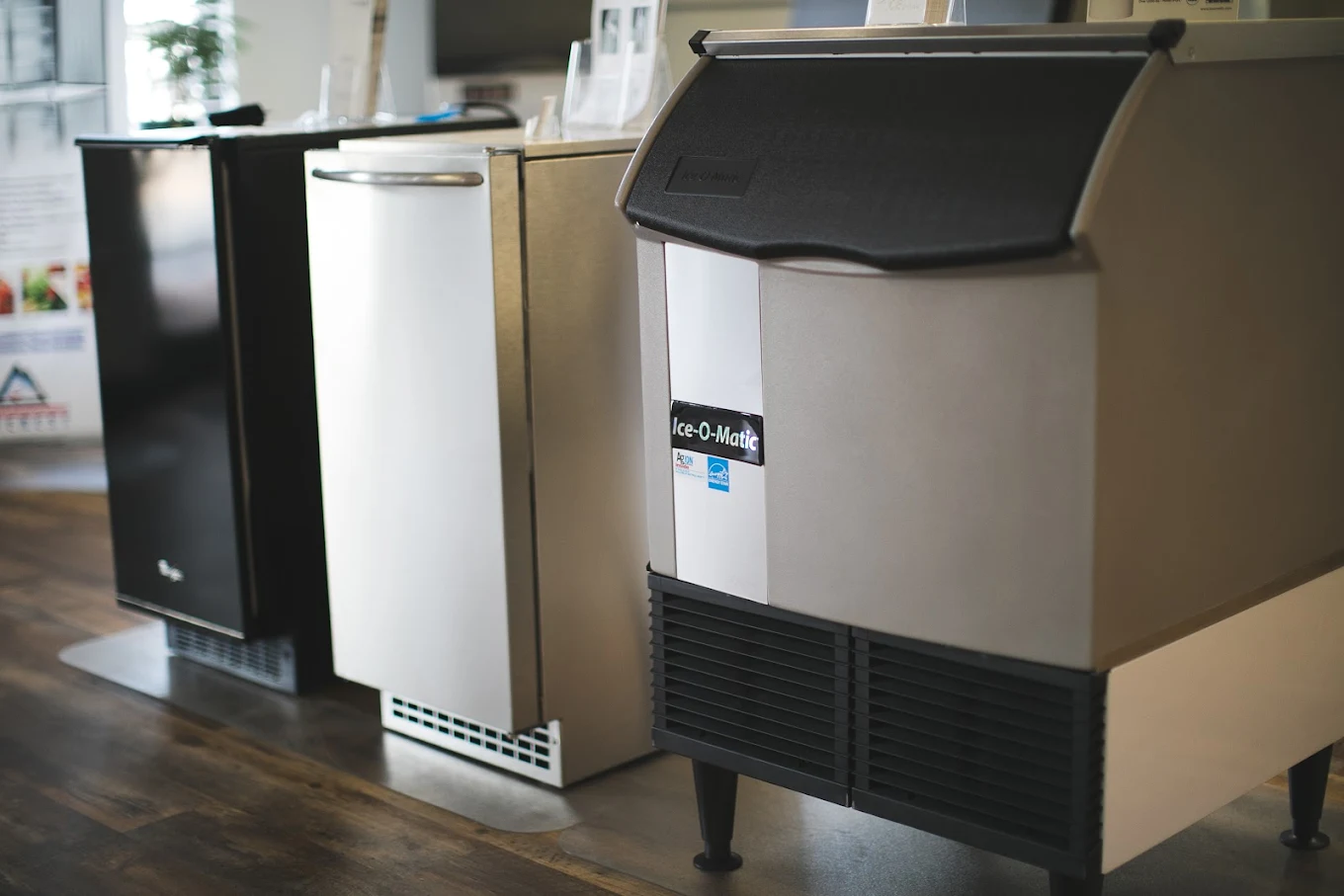
Common Commercial Refrigeration Problems and Fixes Explained for Efficient Maintenance
When your commercial refrigeration system stops working properly, it puts your entire business at risk—from food spoilage to costly downtime. The most common commercial refrigerator problems include temperature fluctuations, leaks, unusual noises, and cooling failures, all of which can often be fixed with timely maintenance or straightforward repairs. Knowing what to look for can save you time, money, and stress.
At Memphis Ice, we’ve been keeping businesses cool since 1977, serving the Mid-South with reliable commercial refrigeration service. Whether you’re managing a restaurant, grocery store, or healthcare facility, understanding how to identify and address these typical issues ensures your equipment runs efficiently year-round. Taking proactive steps today will help you avoid emergencies when you need your refrigeration the most.
Your commercial refrigeration system is essential to daily operations, and staying ahead of common problems means fewer interruptions. From calibration checks to fixing leaks or replacing worn parts, the right maintenance approach keeps your walk-in cooler or ice machine performing at its best. If you’re experiencing issues or want to prepare for peak season, Memphis Ice can help you with expert advice and service tailored to your needs.
Most Common Commercial Refrigeration Problems
You rely on your commercial refrigeration to maintain proper temperature and protect food safety. Problems often arise from temperature inconsistencies, moisture issues, or mechanical faults that can affect cooling efficiency and customer satisfaction. Addressing these early can prevent costly repairs and spoilage.
Temperature Fluctuations and Inconsistencies
Maintaining a steady temperature is critical for any commercial refrigeration unit. Fluctuations or inconsistencies can lead to unsafe food storage conditions and increased energy costs. Common causes include faulty thermostats, dirty condenser coils, or malfunctioning defrost systems.
If your unit’s temperature swings frequently or fails to reach the set point, check for blocked air vents or worn door seals. Poor insulation allows warm air inside, causing your cooler to work harder. Regular cleaning and maintenance help avoid these issues.
In commercial kitchens, even slight temperature changes risk spoiling inventory. Memphis Ice recommends routine temperature monitoring and quick repairs to uphold food safety standards and maintain cooling efficiency.
Ice and Frost Buildup
Ice and frost buildup inside freezers and coolers is a common refrigeration problem. Excessive frost restricts airflow and reduces cooling capacity. This often results from defrost cycle failures, high humidity, or door gasket damage.
If you notice ice forming on the evaporator coils or walls, the defrost heater or timer may be faulty. Another cause could be frequent door openings, which let moisture inside, leading to frost buildup.
Managing ice buildup is essential because it lowers system efficiency and increases energy consumption. Memphis Ice suggests scheduling professional inspections to ensure defrost mechanisms and door seals are working properly.
Water Leaks and Excess Moisture
Water leaks and excess moisture around or inside your unit signal drainage problems or sealing issues. These leaks can damage flooring, cause mold growth, and trigger safety hazards in your workspace.
A clogged or frozen drain line is a frequent culprit, preventing condensation from draining properly. Damaged door seals also allow humid air in, increasing internal moisture and causing drip pans to overflow.
Check for standing water regularly and keep drain lines clear. Timely repairs of seals and drain systems will protect your refrigeration unit and maintain hygiene standards.
Unusual Noises and Vibrations
Strange noises or vibrations often indicate mechanical problems that require attention. Humming, buzzing, or rattling sounds can come from failing fans, compressors, or loose components.
If your unit is louder than usual, it might be straining to maintain proper temperature due to underlying issues like refrigerant leaks or motor wear. Ignoring these noises risks more significant damage and operational downtime.
Listen carefully for changes and address abnormal sounds promptly. Regular maintenance by Memphis Ice can help identify issues early and preserve your commercial refrigeration’s performance.
Top Causes of Refrigeration Malfunctions
Refrigeration malfunctions often arise from mechanical wear, loss of refrigerant, or issues with temperature control. Problems typically stem from key components like compressors, motors, thermostats, and blocked parts. Understanding these causes can help you pinpoint and resolve issues quickly before they impact your business.
Compressor and Motor Failures
Your system’s compressor is the heart of its cooling cycle. When compressors fail or become faulty, they can cause insufficient cooling or complete shutdown. Common causes include electrical problems, overheating, or worn internal parts.
Motors, such as fan motors or evaporator fan motors, can also malfunction due to dirt buildup, worn bearings, or power supply issues. A broken fan motor can stop air circulation, causing uneven temperatures and strain on the compressor.
Regular inspection of compressors and motors can prevent costly breakdowns. If you hear unusual noises or notice inconsistent temperatures, check the circuit breaker and call a trusted professional to evaluate the motor and compressor condition.
Refrigerant Leaks and Level Issues
Refrigerant is essential for absorbing heat and keeping your system cool. Low refrigerant levels, often from leaks, reduce cooling efficiency and increase energy use. Leaks typically occur around fittings, evaporator coils, or condenser coils.
If refrigerant leaks go unnoticed, they can damage compressors and lead to system failure. Signs include frost on evaporator coils or warmer-than-usual temperatures inside your unit.
Maintaining proper refrigerant levels and promptly repairing leaks is critical. Your Memphis refrigeration experts recommend regular leak detection and recharge to avoid downtime and extend system life.
Thermostat and Temperature Control Problems
Thermostats regulate when compressors and fans turn on and off. Faulty thermostats or temperature sensors lead to incorrect cycling, causing temperature fluctuations that may spoil inventory.
Defrost timers and heaters also play roles in maintaining correct temperatures. A malfunctioning defrost timer can cause ice buildup on evaporator coils, reducing airflow and efficiency.
If your walk-in cooler or commercial refrigerator isn’t holding temperature, testing the thermostat and defrost system is a good starting point. Adjustments or replacements are often straightforward fixes.
Blocked or Dirty Components
Dirty or blocked condenser coils and evaporator coils force your system to work harder, leading to increased energy use and wear on parts. Dust, grease, and debris clog condenser coils, preventing proper heat release.
Blocked evaporator fans or damaged fan blades reduce airflow, causing warm spots inside the cooler. Dirty condenser fans similarly impair cooling performance and can cause motors to overheat.
Regular cleaning of condenser coils, evaporator fans, and all accessible components keeps your system running smoothly. At Memphis Ice, we emphasize scheduled maintenance to avoid these common pitfalls and keep your equipment reliable year-round.
Fixes for Common Commercial Refrigeration Issues
Maintaining consistent temperatures and preventing moisture buildup are key to reliable commercial refrigeration. Addressing minor problems with temperature controls, defrost cycles, water drainage, and noise can keep your system performing well and extend its lifespan.
Adjusting Temperature Settings and Controls
Check your temperature settings regularly. Commercial units should maintain appropriate cold ranges—usually between 34°F and 38°F for refrigeration. If temperatures drift, recalibrate the thermostat to prevent spoiled goods or inefficient cooling.
Modern systems often have digital controls for precise adjustments. Use them to optimize energy use without sacrificing cold chain integrity. Avoid frequently changing settings, which can cause additional stress on the compressor.
If temperature inconsistencies persist, inspect door seals and gaskets. Damaged seals allow warm air in, forcing the system to work harder. For ongoing issues, contacting a professional refrigeration technician is recommended to diagnose sensor or control board failures accurately.
Dealing with Ice and Frost Accumulation
Excessive frost buildup indicates either a defrost cycle problem or poor door sealing. Frost can block airflow and reduce cooling efficiency, risking product safety. Start by confirming the defrost cycle is running as scheduled.
Manual defrost may be necessary if the automatic cycle fails. Clear frost carefully, avoiding sharp tools that can damage evaporator coils. Check that door seals are intact and close fully, preventing humid air from entering and condensing inside.
Regular monitoring and maintenance of defrost components—such as heaters, timers, and sensors—help prevent buildup. When in doubt, trust a Memphis refrigeration expert to evaluate the defrost system, ensuring your equipment’s smooth operation.
Stopping Water Leaks and Preventing Mold
Water leaks often come from clogged or frozen drain lines and full drain pans. Maintain clear drain lines by flushing them periodically to avoid blockages causing water to pool inside.
Standing water invites mold growth, which leads to foul odors and potential water damage. Clean and sanitize drain pans regularly to prevent microbial buildup. If mold or odors persist, inspect insulation and repair any compromise that allows moisture infiltration.
Promptly addressing leaks limits damage to surrounding areas and surfaces. If leaks continue despite cleaning, professional commercial refrigeration troubleshooting can identify hidden issues before they worsen.
Resolving Noisy Operation
Unusual noises like banging, humming, or rattling signal mechanical problems. Loose fan blades, worn motor bearings, or failing compressors are common culprits. Begin by tightening visible screws and cleaning fan blades to minimize sound.
Persistent noise means components may be failing and should not be ignored. Operating noisy equipment increases wear and energy costs. Schedule a thorough inspection with a refrigeration technician to replace or repair malfunctioning parts.
Addressing noise early protects your investment and keeps your business running smoothly without interruption. The team at Memphis Ice can provide timely refrigeration service to correct noise issues professionally.
Maintenance Practices for Reliable Operation
Keeping your commercial refrigeration running smoothly depends on focused care in key areas. Paying close attention to cleaning, door integrity, and airflow helps maintain consistent temperatures and energy efficiency, reducing unexpected breakdowns in daily operations.
Routine Cleaning and Inspections
Regular cleaning prevents debris and dirt from impairing system components. Wipe down interior surfaces, shelves, and drain channels frequently to avoid buildup that can trap moisture or encourage mold growth.
Pay special attention to air filters, which should be cleaned or replaced on a set schedule. Clogged filters reduce airflow, forcing compressors to overwork and increasing energy costs.
Visual inspections are vital. Look for signs of coolant leaks, unusual noises, frost buildup, and any damage. Document findings and address small issues before they escalate.
Scheduled routine maintenance with a trusted service provider, like Memphis Ice, ensures your equipment stays reliable year-round.
Checking Door Seals and Gaskets
Door seals and gaskets create the insulation barrier that keeps cold air in and warm air out. Any damage or wear compromises this seal, leading to inefficient cooling and higher electricity use.
Inspect door gaskets daily during your operations for cracks, tears, or warping. Press around the seal to check for soft spots where air could leak. Replace damaged door seals promptly to maintain insulation integrity.
Keep gaskets clean and free from sticky residues that can prevent doors from closing fully. Properly aligned doors reduce strain on hinges and seals, extending their life.
Consistent care here protects stored goods and supports energy savings in your refrigeration system.
Improving Ventilation and Airflow
Proper ventilation around your refrigeration unit is critical to maintaining efficiency. Ensure vents and grills are free from obstructions like dust, boxes, or equipment that block airflow.
Clear, unobstructed vents allow heat generated by motors and compressors to dissipate quickly. This reduces overheating risk and prolongs component life.
If your unit has external fans, inspect and clean them regularly. Make sure your installation meets clearance guidelines to promote steady airflow.
Improving ventilation helps maintain stable temperatures and reduces workload on your system, saving you energy and repair costs in the long run.
For tailored advice or maintenance plans, Memphis Ice offers expert refrigeration service to keep your business cool and operational.
When to Call a Professional Technician
Knowing when to seek professional help can save your business from costly downtime and spoiled inventory. Certain warning signs and the advantages of expert repair make calling a professional the best choice for maintaining your refrigeration systems.
Signs of Serious Commercial Refrigeration Issues
Pay attention to persistent temperature fluctuations that put your products at risk of spoilage. If your unit frequently fails to maintain set temperatures or cycles on and off irregularly, these are clear signs you need professional refrigeration service.
Unusual noises like grinding, buzzing, or clicking often indicate mechanical problems beyond routine fixes. Leaks of refrigerant or water can also signal significant system failure and potential health hazards.
When your commercial refrigerator won’t power on despite checking basic issues, it’s time to call a technician. Repeated breakdowns or visible frost buildup inside are additional red flags that require expert diagnosis.
Benefits of Expert Diagnosis and Repairs
Hiring a professional refrigeration technician ensures accurate identification of complex issues that may not be obvious. Specialists have the tools and knowledge to quickly pinpoint problems in components like compressors, condensers, or thermostats.
Proper repairs extend the life of your equipment, improving reliability and reducing emergency repair costs. Additionally, certified technicians from companies like Memphis Ice use manufacturer-approved parts and follow safety standards during service.
Regular professional maintenance minimizes unexpected breakdowns, helping you avoid disruptions during peak business periods. Expert repair services also provide peace of mind, allowing you to focus on running your business instead of troubleshooting equipment problems.
For trusted and timely repair services in the Mid-South, contact Memphis Ice and make your refrigeration issues a thing of the past.
Frequently Asked Questions
Knowing how to spot issues early and handle them correctly saves you time and money. Identifying problems like cooling failures, refrigerant leaks, or electrical faults quickly keeps your equipment reliable. Regular maintenance and proper handling of frost or condensation prevent unexpected downtime and prolong your unit’s efficiency.
What are the steps for troubleshooting a commercial refrigerator that is not cooling properly?
First, check the thermostat settings to ensure they are correct. Inspect the condenser coils for dirt or debris, which can reduce cooling efficiency.
Next, verify that the evaporator fan motor is running and there are no obstructions blocking airflow. Also, listen for unusual noises coming from the compressor or fans.
If these basic checks don’t solve the issue, it may be time to call for professional help.
How can I identify and fix a refrigerant leak in a commercial fridge?
Look for signs like hissing sounds or oily residue around refrigerant lines and connections. A drop in cooling performance or frost buildup on evaporator coils can also indicate a leak.
Fixing refrigerant leaks requires handling hazardous materials, so it’s best to contact certified technicians for detection and repair. Attempting DIY repairs can worsen the problem or risk safety.
What are common electrical issues in commercial refrigeration systems and how are they resolved?
Common issues include faulty thermostats, damaged wiring, or malfunctioning defrost heaters. These can cause the unit to stop cooling or to cycle improperly.
Resolving electrical problems typically involves testing circuit continuity, replacing damaged components, and ensuring proper grounding. Always ensure power is off before inspecting electrical parts.
How can I determine if the compressor in my commercial refrigerator is malfunctioning and what should I do?
Signs of a malfunctioning compressor include loud humming, clicking sounds, or the unit running without cooling. The compressor may also overheat or cause circuit breakers to trip.
If you suspect compressor issues, avoid attempting repairs yourself. Contact trained refrigeration specialists who can diagnose and replace faulty compressors safely.
What maintenance practices can prolong the life of a commercial refrigerator?
Regularly clean condenser coils and check door seals for damage. Ensure proper airflow around the unit and defrost the evaporator coils if frost develops.
Schedule routine professional inspections and service to catch minor problems before they worsen. Consistent maintenance helps avoid costly repairs and keeps your refrigeration running smoothly.
How do I handle frost buildup or excessive condensation in commercial refrigeration units?
Frost buildup often signals issues with the defrost cycle or door seals. Excess moisture inside can result from frequent door openings or high humidity environments.
Check and replace faulty door gaskets, improve air circulation, and ensure the defrost timer is working correctly. Adjust operating procedures to minimize door openings during peak hours. For persistent problems, reach out to qualified technicians.
For expert support tailored to Memphis-area businesses, Memphis Ice is ready to assist with service and maintenance to keep your equipment performing at its best.
Recent News

What Size Ice Machine Does Your Business Need: A Clear Guide to Choosing the Right Capacity
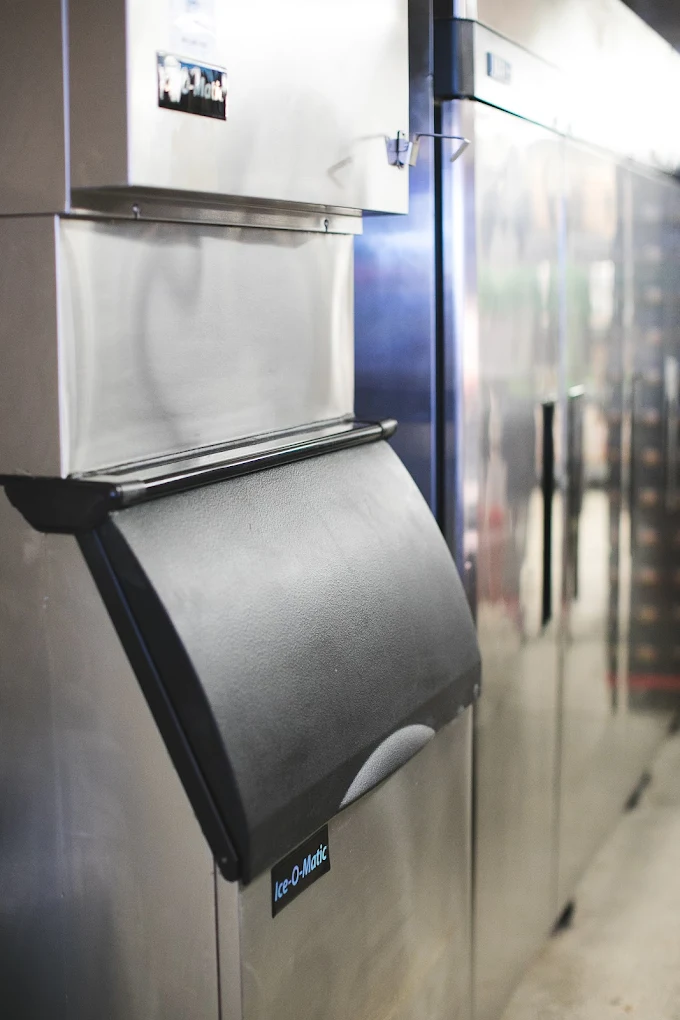
How Often to Clean Your Restaurant Ice Machine for Optimal Hygiene and Efficiency

Before the Feast: Ice Machine Maintenance Tips for a Smooth Holiday Season
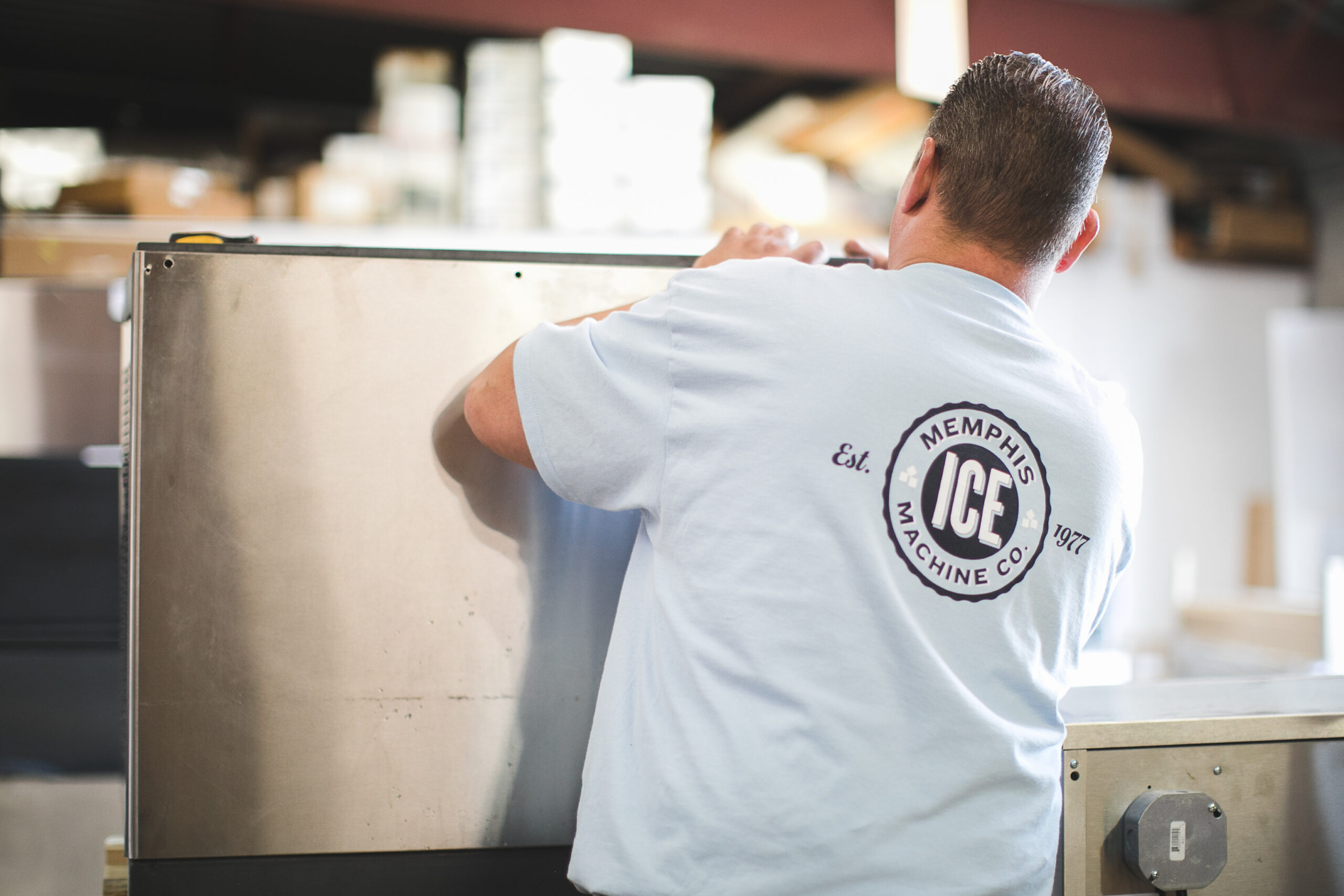
Small Business Saturday! Keep It Local, Keep It Cool

Cold Weather, Cool Drinks! Why Ice Still Matters in Fall and Winter
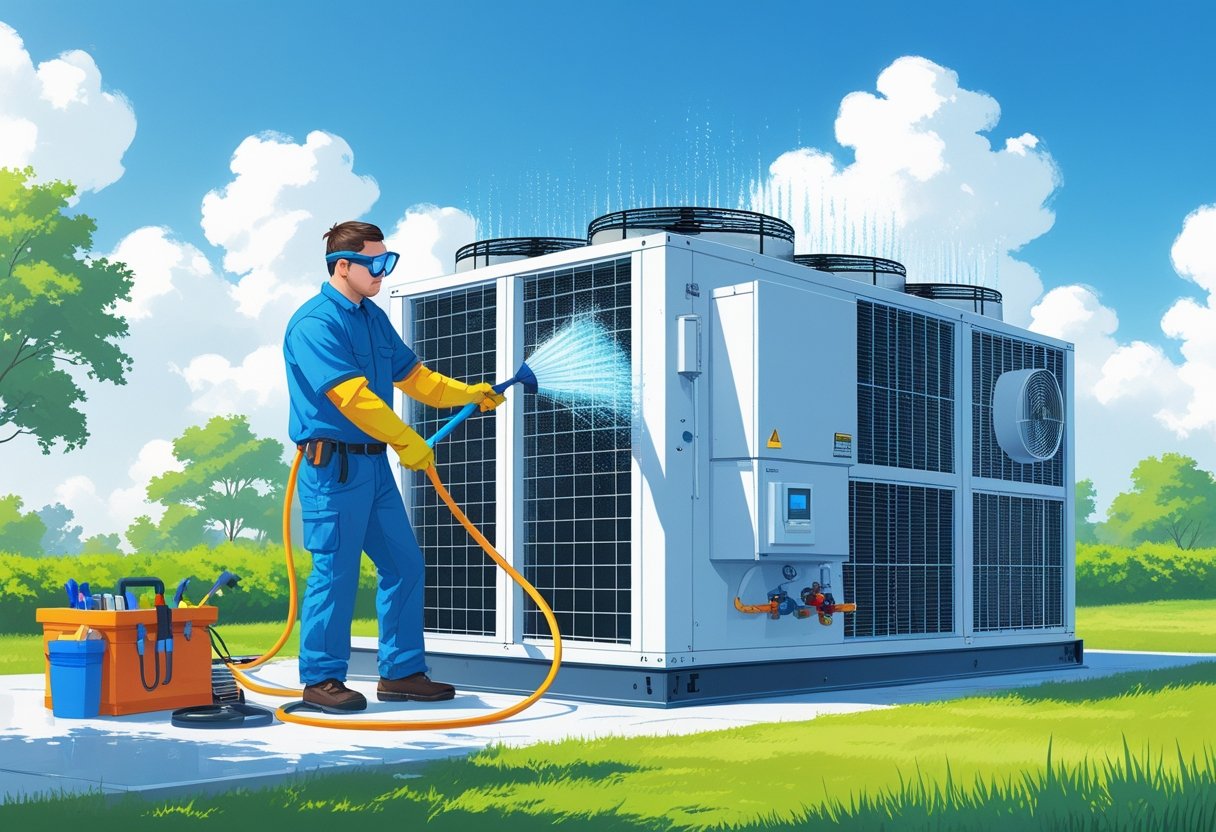
How to Prep Refrigeration Equipment for Summer to Ensure Peak Efficiency and Longevity
